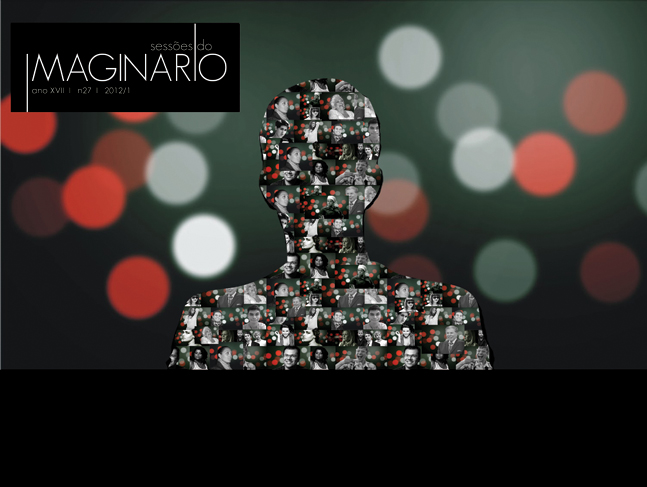Tela e Tinta no cinema de Jean-Pierre Jeunet
Abstract
O cineasta francês Jean-Pierre Jeunet, diretor de filmes como O Fabuloso Destino de Amélie Poulain (Le fabuleux destin d'Amélie Poulain) e Eterno Amor (Un long dimanche de fiançailles) admitiu em entrevistas ter sido influenciado pela estética do pintor catarinense, radicado em Paris, Juarez Machado. Entretanto o cineasta não aponta quais elementos visuais foram utilizados como inspiração para suas cenas. Esta dissertação tem como objetivo geral analisar quadros de Juarez Machado e filmes de Jean-Pierre Jeunet para apontar as características determinantes desta mencionada influência estética. Como objetivo específico o trabalho se propõe a exemplificar suas correlações e levantar características de movimentos artísticos que podem caber à ambas artes, cinema e pintura. O problema está em identificar as similaridades entre as obras. Em que pontos estas duas formas distintas de arte podem apresentar semelhanças e sob quais perspectivas ou nuances da direção de arte os filmes interagem com as telas de Machado ou as tem como referência? Para levantar tais dados e traçar os correlatos entre telas e filmes a dissertação utilizará pesquisa teórica bibliográfica entre telas do pintor e objeto. Como corpus de estudo serão utilizadas telas de Juarez Machado e o filme de 2001, O Fabuloso Destino de Amélie Poulain (Le fabuleux destin d'Amélie Poulain). Este trabalho discorre sobre análise da imagem, intertextualidade e mídias, com aporte teórico em Gérard Genette e Gilles Deleuze.Downloads
Published
Issue
Section
License
COPYRIGHT
The submission of originals to Imaginario implies the transfer by the authors of the right for publication. Authors retain copyright and grant the journal right of first publication. If the authors wish to include the same data into another publication, they must cite Imaginario as the site of original publication.
CREATIVE COMMONS LICENSE
As this journal is open access, the articles are allowed free use in scientific and educational applications, with citation of the source.
According to the type of Creative Commons License (CC-BY 4.0) adopted by Imaginario, the user must respect the requirements below.
You are free to:
Share — copy and redistribute the material in any medium or format.
Adapt — remix, transform, and build upon the material for any purpose, even commercially.
However, only under the following terms:
Attribution — You must give appropriate credit, provide a link to the license, and indicate if changes were made. You may do so in any reasonable manner, but not in any way that suggests Imaginario endorses you or your use.
No additional restrictions — You may not apply legal terms or technological measures that legally restrict others from doing anything the license permits.
Notices:
You do not have to comply with the license for elements of the material in the public domain or where your use is permitted by an applicable exception or limitation.
No warranties are given. The license may not give you all of the permissions necessary for your intended use. For example, other rights such as publicity, privacy, or moral rights may limit how you use the material.
For more details on the Creative Commons license, please follow the link in the footer of this website.

